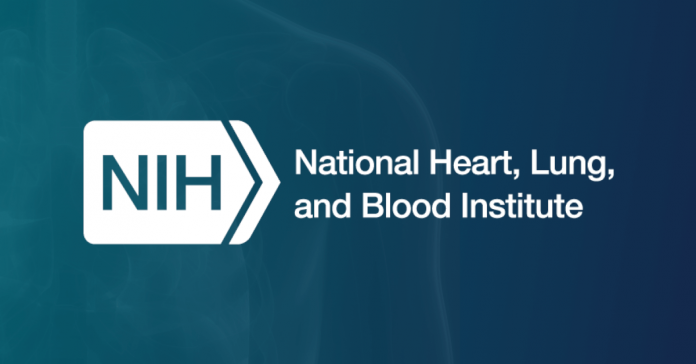Most people can treat DVT with medicines at home. Sometimes, more serious blood clots require you to stay in the hospital for treatment.
Your healthcare provider will likely prescribe blood-thinning medicine to keep blood clots from getting larger and prevent a DVT from becoming a life-threatening pulmonary embolism. If you are unable to take blood thinners, other medicines or procedures can help. Learn more about treatments for DVT.
As you recover from DVT, talk to your provider about what you can do to stay healthy.
- Be aware of possible complications. A condition called post-thrombotic syndrome can develop following DVT. If you experience pain, itchiness, or swelling, tell your healthcare provider.
- Prevent a repeat DVT. Talk with your provider about your risk, get regular checkups, and take all medicines as prescribed to help lower your chance of having repeat blood clots.
- Make healthy lifestyle changes. Talk to your provider about changes you may need to make, including choosing heart-healthy foods, getting physically active, aiming for a healthy weight, and quitting smoking.
- Take care of your mental health. Anxiety, fear, and stress can be common after a blood clot. Reach out to your healthcare provider if you need support.


